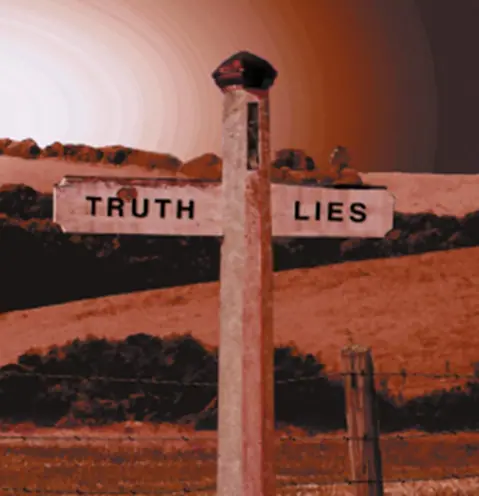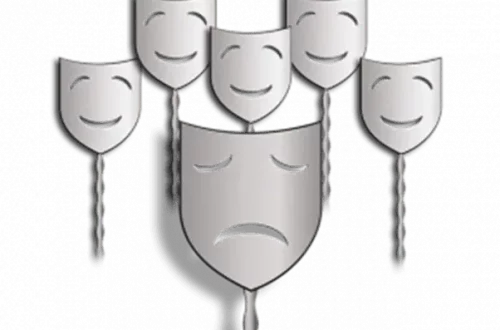
The importance of being dishonest
A Writer’s Journey Part 2 – How to survive when you don’t fit in.
In Part 1 of my writing journey I talked about the role books played in my childhood, how they inspired me, and ultimately led to me becoming a writer.
Reading also had the power to alienate me from those around me.
Books were a window on new worlds. Books offered knowledge, wisdom and opportunities. They gave me broader vocabulary, a way to tell taller stories. In the hands of a child who knew no better, this could be dangerous.
Growing up in a bungalow in the middle of a country estate left me isolated from other children. After the death of my father, we moved and moved and moved again, leading to new schools, new children to get to know, and familiar challenges.
Fitting in and making new friends isn’t easy when you’re in a different part of the country, when you’re not sure how long you’ll be there, when you’re the outsider. Fitting in means not being singled out, picked on or bullied. You have to learn what’s expected of you as quickly as possible. And if you don’t fit, you have a choice to make – be yourself and hope other children will respect this, or pretend to be like them and hope your subterfuge isn’t uncovered.
When you come from a poor background, when you don’t have a father or older brother to guide and protect you, and when honesty has landed you in trouble before, you can’t afford to leave anything to chance.
You learn the importance of being dishonest.
My first mistake
My first mistake, made in all honesty, was passing an exam at the age of 11 to attend a grammar school. My single mother, surviving on a widow’s pension, couldn’t afford the fees, which meant a scholarship/free place.
Such details can’t be hidden from other children.
Having also passed my 11+ exam, I could attend a school that was the state equivalent of a grammar, with no questions asked. No one would know my background. Unfortunately, I didn’t really know theirs either.
I was about to discover the middle classes, or more correctly, the children of the middle classes.
In truth, I’d already encountered some of them at junior school, but we didn’t mix to any extent. The few friends I made came from the same estate as me and had similar backgrounds. These friends didn’t make it to the same senior school as me.
It looked like my ambition and knowledge, mainly gained from the books I read, had isolated me once more.

Almost all of the children at the new school came from well to do families where both parents worked, had a car, or two, and went on holidays, often abroad. They lived in houses on modern estates with gardens at the front and back, or in grander properties with attics and cellars.
The children had pocket money, which they could spend on sweets. I got a paper round so I would at least have a few pence in my pocket. I wasn’t trying to compete, simply to fit in and survive. I never told anyone I did a paper round, letting them think I had pocket money.
A small deception, sure, but a solid start in my quest to fool those around me that I was no different from them.
My second mistake
I’m not sure what prompted me to reveal I received free school meals and a free school uniform. I think someone wanted to be my friend. We were the only two boys in the class wearing shorts rather than long trousers.
I vividly recall protesting about shorts when my mother selected my free school uniform items, but our vouchers only went so far. I assumed this other boy had experienced the same issue.

The moment the words came out of my mouth, I knew I’d slipped up.
His parents had insisted he wear shorts. They’d paid for them. He wasn’t a scrounger like me.
While the term scrounger was alien to me, it didn’t sound good, no matter how you said it. And the more I tried to explain and defend what I received from the State, I found myself being taunted, singled out and ridiculed for being poor.
Can you imagine how it felt to be laughed at?
Honesty had let me down. I vowed never to make the same mistake again.
Fortunately, children lose interest quickly, especially when the person they’re taunting pretends not to be bothered. It took all my strength, ingenuity and cunning to ignore the insults and pretend not to be hurt. It was my first effort at acting, the first time I was truly dishonest.
I learned that not telling the truth could make my life easier. If people thought you were one of them, they included you, opened up to you, and wanted to be your friend.
By careful observation and listening, I learned to become a middle class child. I learned what not to talk about. I learned to let others talk about themselves, which meant they paid less attention to me. Letting people make false assumptions was preferable to telling lies, but you don’t always have a choice.
Lying comes with consequences – if you tell different variations of a lie, it’s difficult to remember which version you told to which person. Others remember you telling the lie, which makes it impossible to go back on it, claim you were misheard or change approach.
Lies also require ingenuity to make them plausible. The secret was to say just enough for others to draw their own conclusions.
You’re beginning to see how I became a writer.
At school, surrounded by children I had little in common with, children I envied and was ultimately afraid of, I needed to fit in, to become more adept at being middle class. While learning and books remained my soul mates, I managed to blend in enough to get invites to parties and other children’s houses.
With a little imagination and practice, dishonesty allows you to deal with any situation, positive or negative.

I had excuses to cover the fact I couldn’t afford to go on school trips or holidays. If I didn’t get too close to anyone, no one could look below the surface. Somewhere along the way, I became a detached character that managed to avoid attention without being aloof or unfriendly.
No one noticed that I never had parties or invited other children round. No one missed me on school trips. No one felt threatened by me. No one threatened me. My dishonesty was so plausible, so encompassing, I started to forget who I really was.
And that’s when I became careless…




